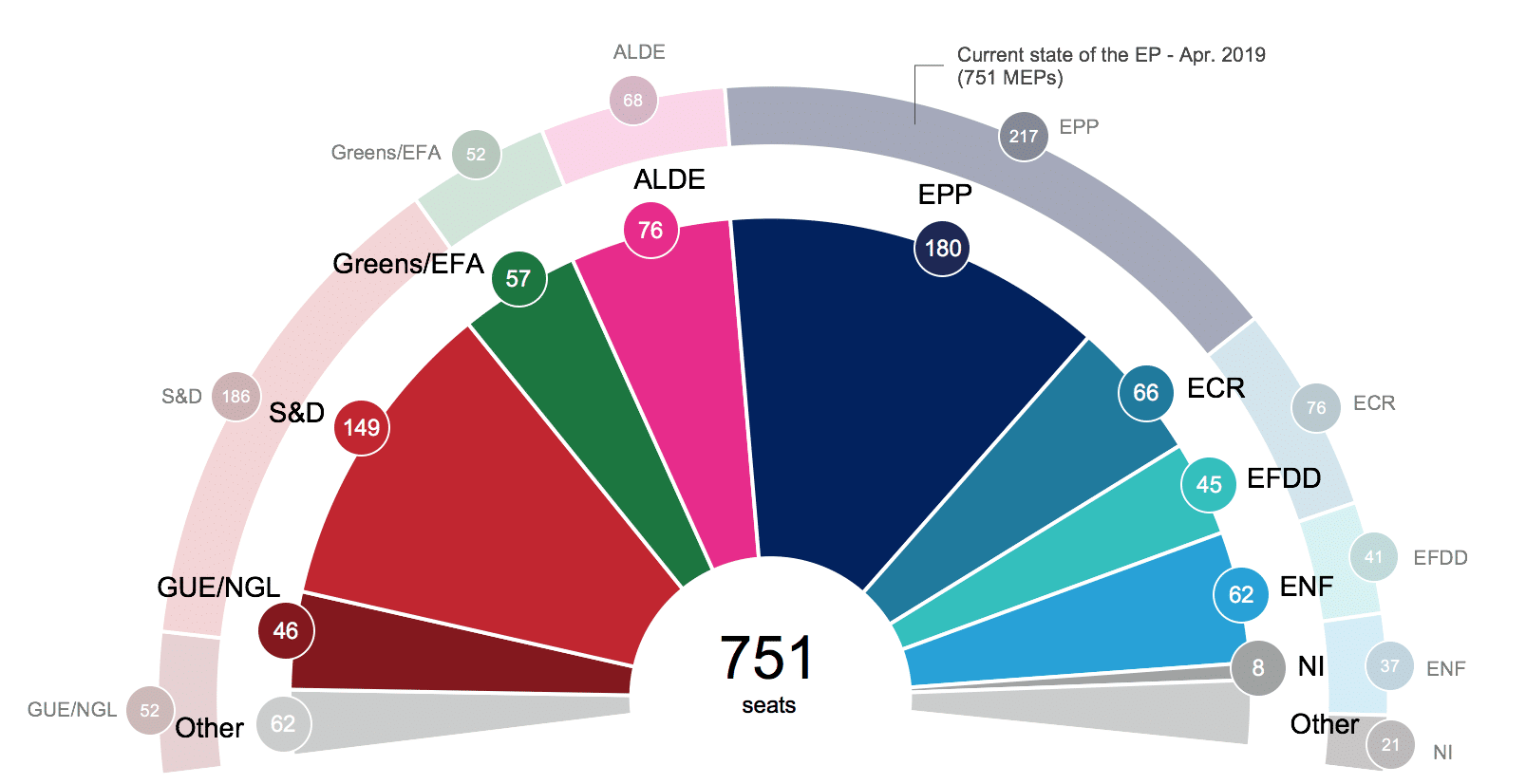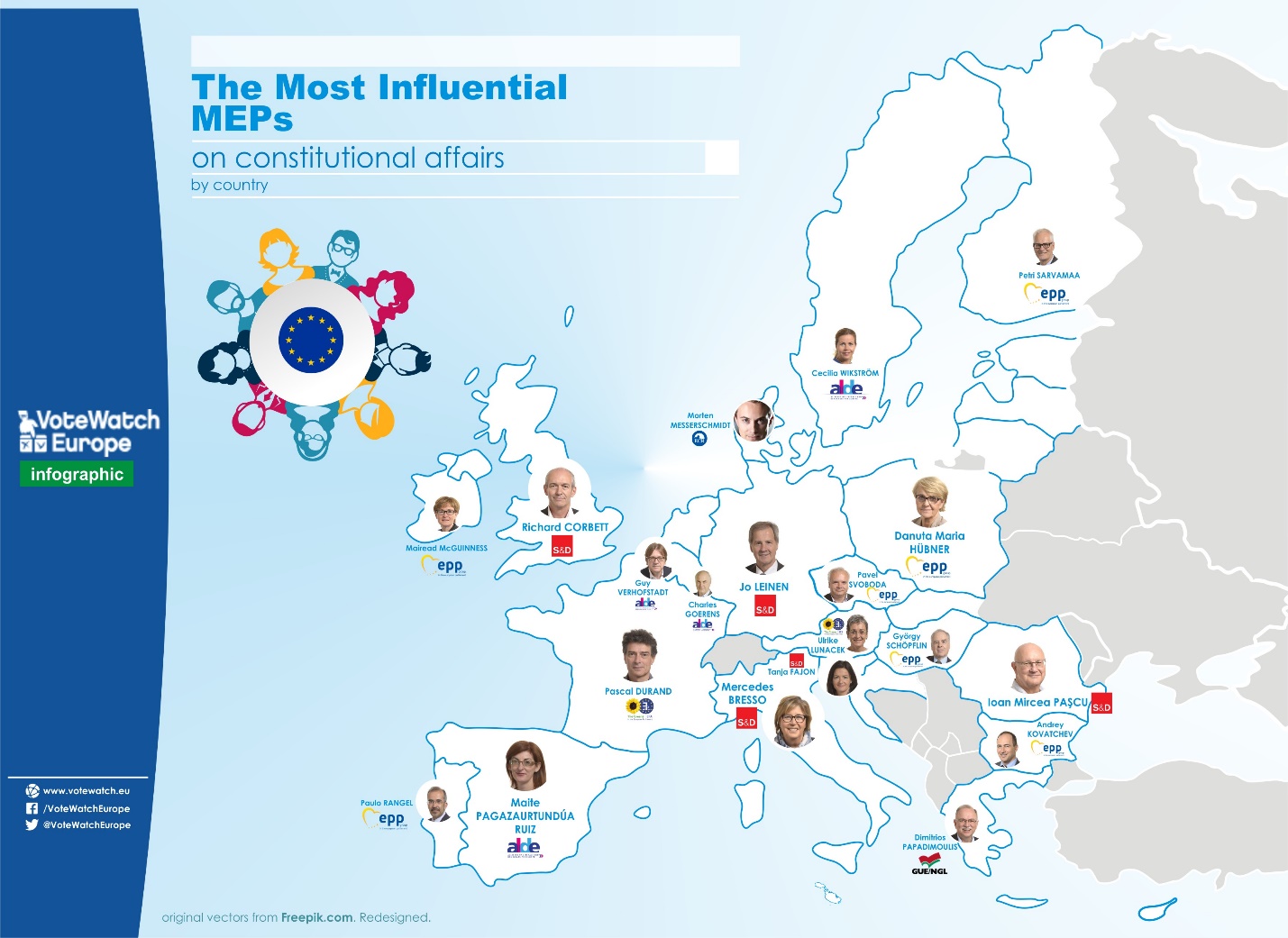European Parliament Calendar 2025: Shaping The Future Of Europe
European Parliament Calendar 2025: Shaping the Future of Europe
Related Articles: European Parliament Calendar 2025: Shaping the Future of Europe
- 2025-2026 School Year Calendar: A Comprehensive Overview
- Formula 1 Official 2025 Calendar: A Comprehensive Overview
- November 2025 Calendar USA
- Anderson District One Calendar: A Comprehensive Overview
- Hamilton County TN 2025-2026 School Calendar: A Comprehensive Guide
Introduction
With enthusiasm, let’s navigate through the intriguing topic related to European Parliament Calendar 2025: Shaping the Future of Europe. Let’s weave interesting information and offer fresh perspectives to the readers.
Table of Content
Video about European Parliament Calendar 2025: Shaping the Future of Europe
European Parliament Calendar 2025: Shaping the Future of Europe

The European Parliament (EP) is the legislative branch of the European Union (EU), directly elected by the citizens of the EU member states. The EP plays a crucial role in shaping EU policies and laws, representing the interests of over 500 million European citizens. The EP’s calendar for 2025 will be marked by significant events and legislative initiatives that will impact the future of Europe.
January
-
13-16 January: Plenary Session, Strasbourg
- Debate and vote on the Commission’s Work Programme for 2025.
- Discussion on the EU’s response to the ongoing energy crisis.
- Presentation of the European Green Deal’s progress report.
February
-
6-9 February: Committee Meetings, Brussels
- Committees will meet to discuss and prepare reports on key legislative proposals.
-
20-23 February: Plenary Session, Strasbourg
- Vote on the EU budget for 2025.
- Debate on the EU’s digital strategy.
- Discussion on the European Semester and economic governance.
March
- 6-9 March: Committee Meetings, Brussels
-
20-23 March: Plenary Session, Strasbourg
- Debate and vote on the European Commission’s proposal for a European Climate Law.
- Discussion on the EU’s trade policy and its impact on sustainability.
- Presentation of the Commission’s report on the implementation of the European Pillar of Social Rights.
April
- 10-13 April: Committee Meetings, Brussels
-
17-20 April: Plenary Session, Strasbourg
- Debate and vote on the EU’s Common Agricultural Policy (CAP) reform proposal.
- Discussion on the EU’s response to the COVID-19 pandemic.
- Presentation of the European Court of Auditors’ annual report.
May
- 8-11 May: Committee Meetings, Brussels
-
15-18 May: Plenary Session, Strasbourg
- Vote on the EU’s multiannual financial framework (MFF) for 2025-2027.
- Debate on the EU’s foreign policy and security strategy.
- Discussion on the European Union’s enlargement process.
June
- 12-15 June: Committee Meetings, Brussels
-
19-22 June: Plenary Session, Strasbourg
- Debate and vote on the EU’s research and innovation programme, Horizon Europe.
- Discussion on the EU’s industrial strategy.
- Presentation of the Commission’s report on the state of the European Union.
July
- Summer Recess
September
- 11-14 September: Committee Meetings, Brussels
-
18-21 September: Plenary Session, Strasbourg
- Debate and vote on the EU’s climate adaptation strategy.
- Discussion on the EU’s energy security.
- Presentation of the Commission’s proposal for a European Digital Single Market.
October
- 9-12 October: Committee Meetings, Brussels
-
16-19 October: Plenary Session, Strasbourg
- Debate and vote on the EU’s migration and asylum policy.
- Discussion on the EU’s internal security strategy.
- Presentation of the Commission’s report on the implementation of the Schengen Agreement.
November
- 6-9 November: Committee Meetings, Brussels
-
13-16 November: Plenary Session, Strasbourg
- Debate and vote on the EU’s tax policy.
- Discussion on the EU’s social policy and the fight against poverty.
- Presentation of the Commission’s proposal for a European Pillar of Social Rights Action Plan.
December
- 4-7 December: Committee Meetings, Brussels
-
11-14 December: Plenary Session, Strasbourg
- Adoption of the EU’s budget for 2026.
- Debate on the EU’s role in global governance.
- Presentation of the European Council’s conclusions on the future of the EU.
Key Legislative Initiatives
The EP’s 2025 calendar will be marked by several key legislative initiatives that will have a significant impact on the EU’s future. These initiatives include:
- European Climate Law: This proposal aims to enshrine the EU’s commitment to climate neutrality by 2050 into law.
- Common Agricultural Policy (CAP) Reform: The CAP reform proposal aims to make the EU’s agricultural policy more sustainable, resilient, and fair.
- European Digital Single Market: This proposal aims to create a single digital market within the EU, removing barriers to trade and innovation.
- European Pillar of Social Rights Action Plan: This proposal aims to implement the European Pillar of Social Rights, ensuring that all EU citizens have access to quality employment, social protection, and healthcare.
Challenges and Opportunities
The EP’s 2025 calendar presents both challenges and opportunities for the future of Europe. The ongoing energy crisis, the war in Ukraine, and the climate crisis require urgent action from the EU. At the same time, the EP has the opportunity to shape the EU’s response to these challenges and to build a more sustainable, resilient, and prosperous future for Europe.
Conclusion
The European Parliament’s 2025 calendar will be a pivotal year for the future of Europe. The EP will play a crucial role in shaping EU policies and laws, addressing key challenges, and seizing opportunities. The EP’s work will have a profound impact on the lives of European citizens and on the EU’s role in the world.








Closure
Thus, we hope this article has provided valuable insights into European Parliament Calendar 2025: Shaping the Future of Europe. We appreciate your attention to our article. See you in our next article!